1963 Chevy Olson Grumman all Aluminum Body Panel Van
- Price: Ask a price!
- Condition: Used
- Item location: Lancaster, California, United States
- Make: Chevrolet
- Model: Olson Grumman Utility Van
- SubModel: Olson Grumman curbside step-van
- Type: Step Van
- Trim: Step Van
- Year: 1963
- Mileage: 91,342
- VIN: 67228CA
- Color: Orange & Black
- Engine size: Chevy Straight Six
- Number of cylinders: 6
- Fuel: Gasoline
- Transmission: Automatic
- Drive type: RWD
- Interior color: Aluminum
- Drive side: usa
- Vehicle Title: Clear
Chevrolet Olson Grumman Utility Van 1963 Description
Never Rust or body rot! It starts and runs and is currently on a Non-Op. It also has a lift gate, it is locater In Palmdale California it is a Project van for the most part as it has been parked for over 10 years, So it's great for a restoration, use ora collection. This vehicle is a true American classic step -van with a 100% aluminum body and built by Olson Grumman of aircraft fame..
Aerobuilt Bodies hires a new chief engineer, Harold Turner, and the Olsonette begins production. The Olsonette/Chevrolet chassis combination is sold to Philadelphia Newspapers.
1962— The best features of the Kurbside and the Olsonette are incorporated into a new unit, nicknamed the O.K., which becomes the Kurbvan. The truck is an immediate success. Aerobuilt becomes a Grumman subsidiary, Grumman Allied Industries.
1963— Grumman Allied buys identical plants in Sherman, Texas, and Sturgis, Mich., from the Glaspar Boat Company. These two additional locations help expand the market by relieving the high cost of transporting finished units.
1965— A smaller version of the Olsonette, with better vision and a Kurbside-style front, is designed. Called the Kurbside Junior, it is sold to UPS and the New York City Ambulance Service.
1966— Grumman teams up with UPS to develop the now familiar UPS P-600 and P-800 truck bodies, featuring lift-up fiberglass hoods and translucent fiberglass roofs.
Morgan Olson produces aluminum walk-in vans. The aluminum walk-in van has also been known as a "step van" and "multi-stop" van. The key features of the Walk-in vehicle are the delivery efficiencies it provides the driver.[citation needed]It is quite normal for a Morgan Olson walk-in van to have a service life of over twenty years.[citation needed]
Morgan Olson opened an additional manufacturing facility in North Charleston, S.C in 2013. This facility expanded Morgan Olson capabilities to include upfitting cargo vans with various internal layouts.
Service Parts – Morgan Olson provides service parts to a wide range of customers on a number of products. Aside from its current product, Morgan Olson provides service parts for its sister company, Morgan Corporation, as well as the United States Postal Service for its Long Life Vehicle.[citation needed]
History[edit]The idea for the first aluminum walk-in van was originated by Walter Heingartner, owner ofKinney Motors ChevroletinBrooklyn, NY. Heingartner was friends with Jimmy Olson, then Commissioner of theNew York State Liquor Authority. Olson had no truck experience, but knowing there were ten independent laundry companies in Brooklyn alone, he saw a market. He knew an aluminum body would be lighter and less prone to corrosion. He also knew someone who could build it, "Jake" Swirbul, one of Grumman's founders.
Grumman had no experience building commercial truck bodies. However, they decided to move forward with the concept and Grumman Aircraft Engineering was scheduled to produce the vehicle beginning in 1939. The concept was shelved due to the onset of World War II.
After the war, Olson and three partners formulated J.B.E. Olson Corporation on Coney Island Avenue in Brooklyn. Construction of the aluminum vehicle began. For its public unveiling, Olson rented the ballroom of the Waldorf-Astoria in New York City and invited Chevrolet dealers from all over the east coast. The vehicle was enthusiastically received and J.B.E. Olson received orders for 450 units, and the Grumman Olson aluminum walk-in van was born.[citation needed]
The company grew and prospered over the next many decades. The company purchased the Sturgis, MI facility, its current headquarters, in 1963.
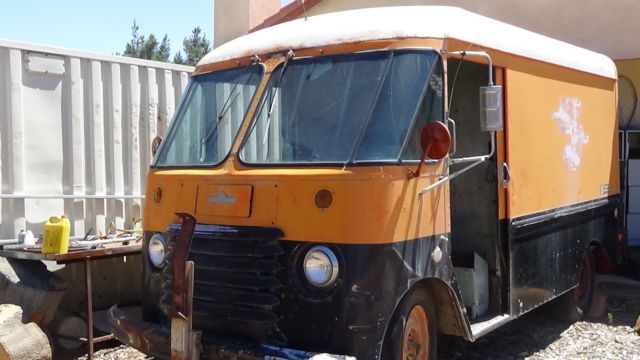
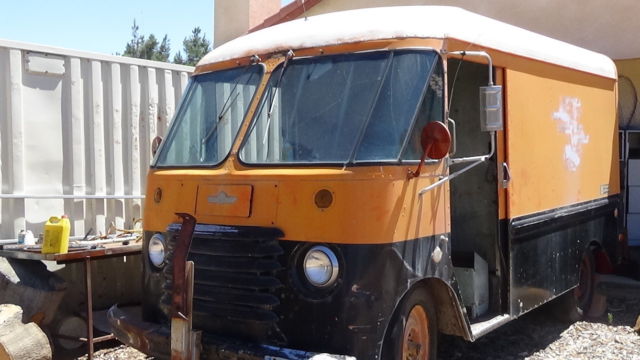
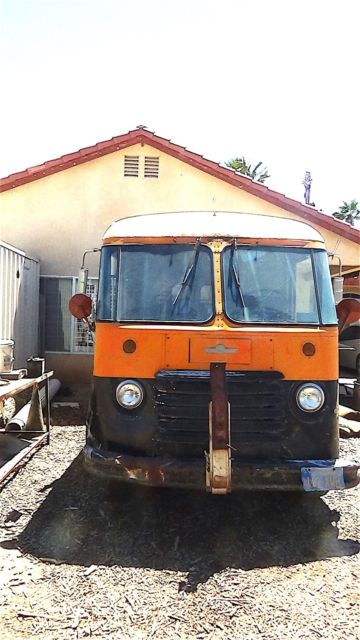
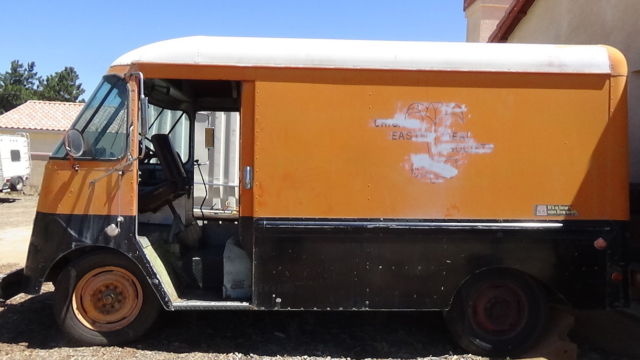
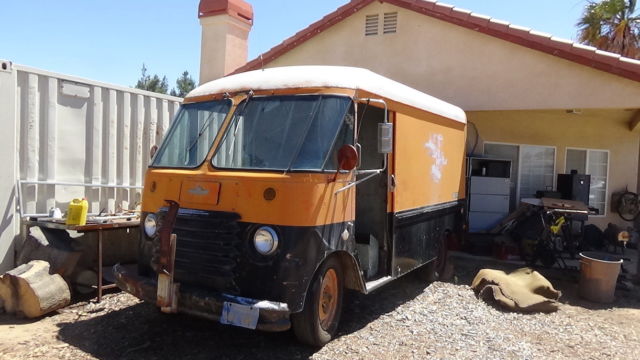
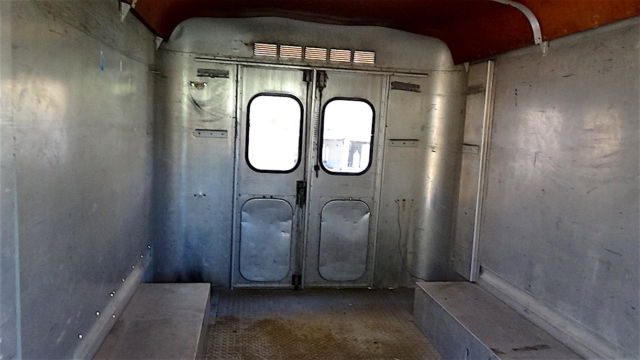
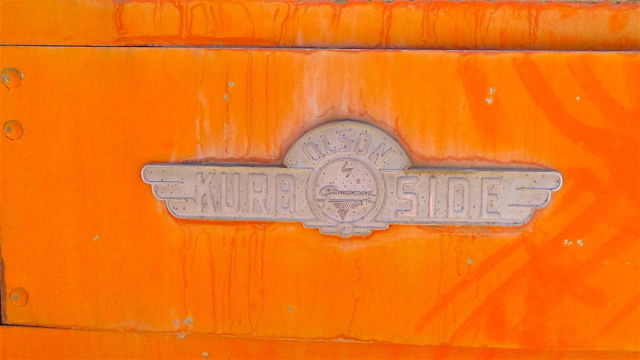
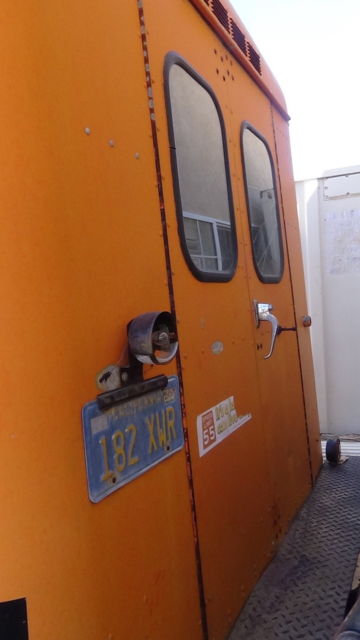
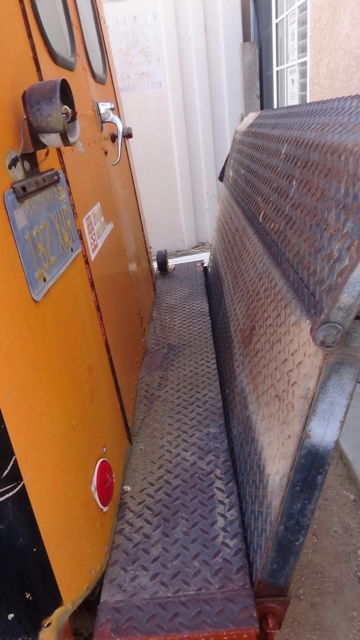

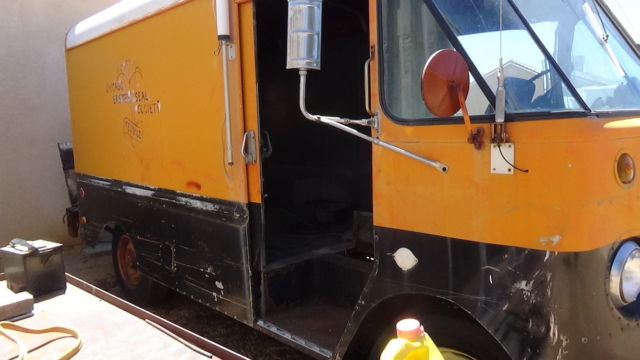
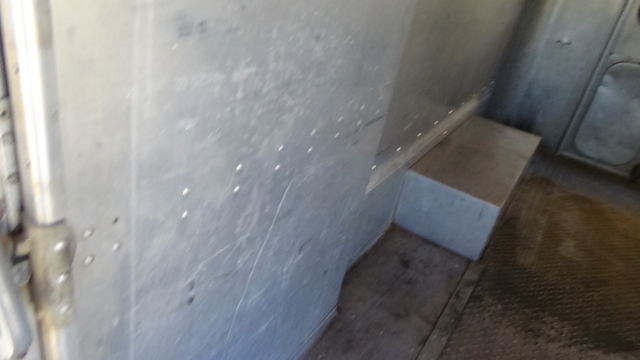
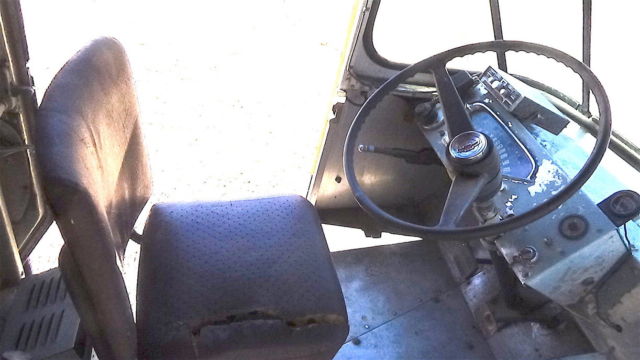
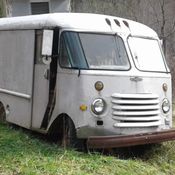 1953 Chevrolet Grumman Olson Step Van
1953 Chevrolet Grumman Olson Step Van
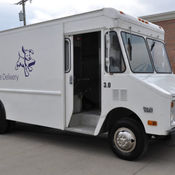 1991 Chevrolet P30 Step Van 150k Miles Grumman Aluminum Body
1991 Chevrolet P30 Step Van 150k Miles Grumman Aluminum Body
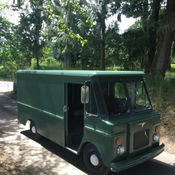 Vintage 1966 chevrolet grumman olson curb van step kurbmaster metro olsonette
Vintage 1966 chevrolet grumman olson curb van step kurbmaster metro olsonette
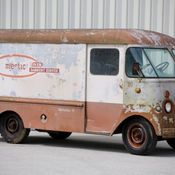 1955 Chevrolet Grumman Olson Step Van (Food Truck Box Truck Shop Van)
1955 Chevrolet Grumman Olson Step Van (Food Truck Box Truck Shop Van)
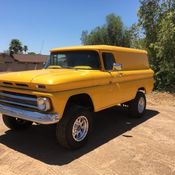 1963, Chevy, 4x4, Truck, Panel Van, Panel Truck, Custom
1963, Chevy, 4x4, Truck, Panel Van, Panel Truck, Custom
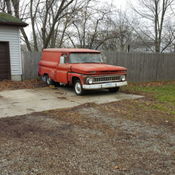 1963 chevy c10 panel truck
1963 chevy c10 panel truck